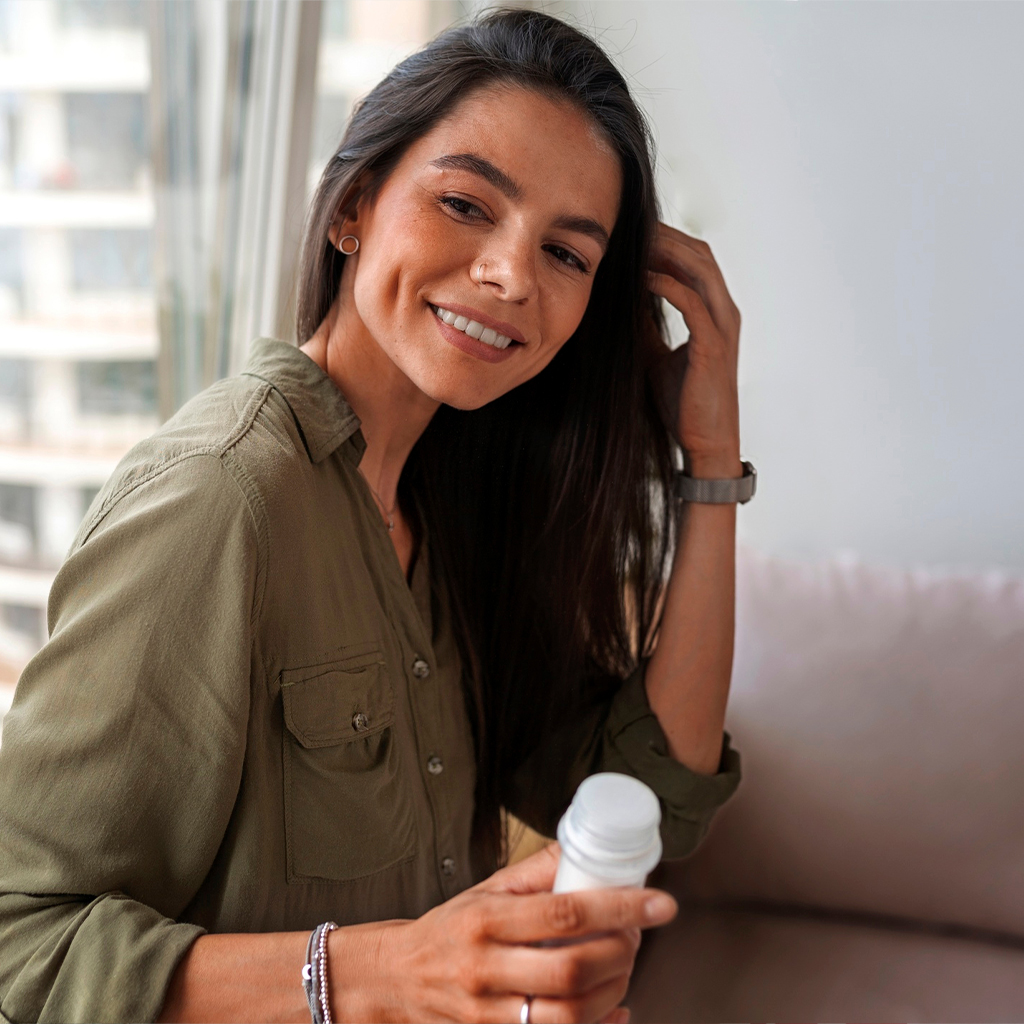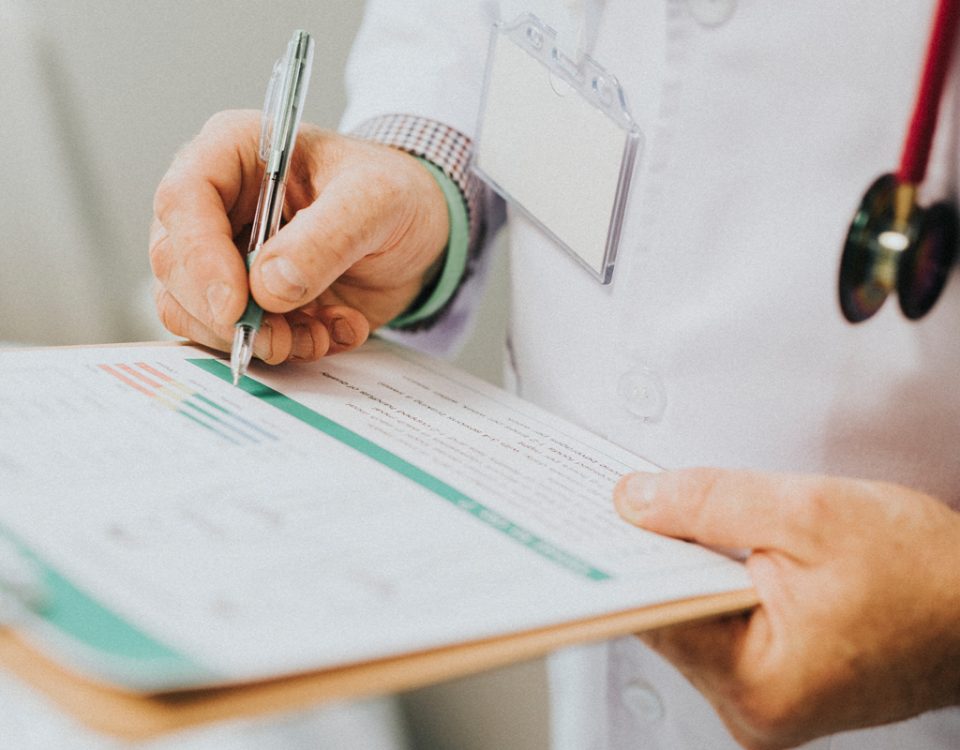
Family Building Options for LGBTQ+ Couples: Understanding Donor Insemination and Reciprocal IVF
August 7, 2025
When Should You See a Fertility Specialist? Here’s What You Need to Know
August 7, 2025Top 3 Supplements That May Support Fertility, Backed by Science
By Joanie Matijevic, RN – Fertility Center of Miami
W hen trying to conceive, many people explore ways to support their reproductive health naturally. Among the most popular options are supplements that claim to enhance fertility. But not all supplements are backed by science, or right for everyone. At the Fertility Center of Miami, we believe in evidence-based care. Here are three fertility supplements that research suggests may offer real benefits for reproductive health, especially when taken under the guidance of a fertility specialist.

1. Coenzyme Q10 (CoQ10)
Who it may help: Individuals over the age of 35 or those concerned with egg quality.
Why it's used: CoQ10 is a powerful antioxidant that plays a vital role in cellular energy production. In the context of fertility, CoQ10 has been studied for its potential to improve egg quality and mitochondrial function within the eggs, especially important as egg quality naturally declines with age.
The science: Several studies suggest that supplementing with CoQ10 may enhance ovarian response during fertility treatments and could be beneficial for women with diminished ovarian reserve or advanced maternal age.
Note: The optimal dosage and duration should be discussed with your provider, as it may vary depending on your specific fertility goals.
2. Myo-Inositol
Who it may help: Individuals with Polycystic Ovary Syndrome (PCOS) or irregular ovulation.
Why it's used: Myo-inositol is a vitamin-like compound that can help regulate insulin sensitivity and hormone levels. It’s commonly used in fertility care for patients with PCOS because it has been shown to support more regular menstrual cycles and improve ovulatory function.
The science: Research has shown that myo-inositol can help restore spontaneous ovulation in women with PCOS, making it a promising non-pharmacological option to support fertility in those with hormonal imbalances.
Note: Inositol supplements often come in blends with D-chiro-inositol. Your fertility specialist can recommend the best formulation for you.
3. Prenatal Vitamins with Folate
Who it may help: Anyone planning to conceive or undergoing fertility treatment.
Why it's used: Prenatal vitamins are foundational in preconception care. They provide essential nutrients like iron, vitamin D, and, most importantly, folate (a form of vitamin B9). Folate supports healthy fetal development and is also linked to improved egg quality and fertility outcomes.
The science: Folate is crucial for preventing neural tube defects in early pregnancy. Starting a prenatal vitamin with folate before conception ensures your body has sufficient levels during those critical early weeks of fetal development.
Note: Look for prenatal vitamins that include methylated folate if you have a known MTHFR gene mutation or have been advised to avoid synthetic folic acid.
Should You Start Taking Fertility Supplements?
While these three supplements have promising evidence, it’s important to remember that fertility is deeply personal. Not everyone needs the same support, and some vitamins or dosages may not be appropriate depending on your medical history, hormonal profile, or current medications.
Before starting any supplement regimen, it's essential to consult with your fertility provider. At the Fertility Center of Miami, we personalize every treatment plan, including nutritional and supplement guidance, based on your unique needs and goals.
Final Thoughts
Supplements like CoQ10, myo-inositol, and prenatal vitamins with folate can play a valuable role in supporting fertility. But they’re most effective when used as part of a larger strategy tailored to your specific reproductive health.
Whether you’re just starting to explore your fertility options or are already undergoing treatment, we’re here to help you make informed, evidence-based decisions every step of the way.
Want to learn more about fertility supplements and personalized care? Contact us today to schedule a consultation with our expert team.
To watch more informative videos on reproductive health visit our Instagram page or click here.










